|
Homeless animals come to our Christopher Cutler Rich Animal Shelter to find their first and forever family. Sadly, for some, it's their second or third chance at a loving home. Most of these animals come from overcrowded Southern shelters as strays or owner surrenders. Our rescue partners are overburdened and stressed. When they call, we do everything we possibly can to help. Cape Ann Animal Aid takes in animals who might have a difficult time getting adopted in the South — not because they’re broken or bad but because we have the unique privilege of being able to help. Precioso and Freya are two older animals whose lives were changed thanks to Cape Ann Animal Aid’s Safe Harbor Program, which enables us to transport animals from areas of the country where their lives are at risk.
Our shelter animal care team took extra time providing enrichment and socialization activities as well as an abundance of love and patience for Precioso. Our veterinary team managed routine medical care, including a shave to help with a matting issue, and kept a watchful eye on his eating and physical activities for signs of stress. He soon became a favorite among staff and other cats during socialization hours. However, due to his advanced age, we feared he could be waiting for some time before getting adopted. Precioso decided this would not be his fate.
An energetic hound is just what a family needed to slow down and focus on health. Lisa, a mother of three, dreamed of adopting a dog for her family but her busy family life on top of trying to finish two master's degrees would make that idea impossible to consider - until a breast cancer diagnosis put things into perspective.
Traveling is expensive but worth every penny.
Transporting animals by van, truck or air is an expensive and complicated operation. A typical transport of 20 dogs or 30 cats can cost anywhere from $2,000 to $3,500 and these life-saving journeys can take place 2 or 3 times a month. Each transport not only saves those animals on board but also helps our partners struggling in Southern communities by freeing up their resources; allowing them to work on expanding spay/neuter programs and other ways to address animal homelessness. We hope you will agree that these precious lives are worth every penny it costs to save them. Please donate and help us bring animals home to our Christopher Cutler Rich Animal Shelter, offering a first, second or third chance at a life of love. Thank you for being a friend to animals and Cape Ann Animal Aid. We appreciate you supporting the work that happens before and after we bring animals like Precioso and Freya safely to our shelter.
0 Comments
Rhoda was one of the first animals adopted from our new Christopher Cutler Rich Animal Shelter in June 2012. Her adopter, Carrie, visited our shelter and left with her faithful companion, whom she named Baylee. Although she’s changed a bit over the years, growing into her floppy ears and turning a little whiter around the face, Baylee’s eyes haven’t changed a bit. Those soulful eyes belong to a pup that has spent the last 10 years being loved by a family of her own. “10 years have gone by so quickly! Baylee is still thriving with daily zoomies and enjoying life! She accompanies me every morning in my Jeep with enthusiasm and brings such a light to our lives!!!” – Carrie Since cutting the ribbon on our Christopher Cutler Rich Animal Shelter ten years ago this June, we have saved 12,205 homeless cats and dogs! In the ten years prior to 2012, we saved 5,723 animals. We doubled our lifesaving capacity and are so grateful to all of those who supported this vision and continue to make this work possible. Please help us celebrate our 10-year anniversary and the work that makes their life and yours better by making a donation today! For gifts over $200, you can honor your loved ones with a walkway brick and become a permanent part of our shelter. Where We Came FromIn 1964, CAAA was incorporated as a non-profit. Our mission began operating out of organizers' garages, saving animals left behind by summer residents. In 1974 we moved to a little pink building on Main Street in Gloucester. This 1,200-square-foot building and the community around it saved thousands of animals – but we knew we could do more. Our current shelter was a shared vision to expand our lifesaving abilities by not only building a bigger space to welcome more homeless animals but provide resources to help our community of adopters and their pets. Where We Are NowBigger doesn’t always mean better but when it comes to saving animals it sure does help. We've proven that every year since the day we opened our Christopher Cutler Rich Animal Shelter. Over the past 10 years, the facility and grounds at 4 Paws Lane have allowed us to grow our mission and do so much MORE for animals and people.
You can build more walls to house more animals but without the collective resources above and our steadfast community of adopters and donors, none of this would be possible. Thank you!
10 years is a small portion of our lives but for companion animals, it’s close to a lifetime. We hope you will consider a DONATION to help us save more animals today and for years to come. We hope this finds you and your family safe and healthy this holiday season. Above are just a few of the 1468 precious souls who were once homeless in 2021 but are now part of their very own families. Thank you for supporting Cape Ann Animal Aid this year by opening up your heart and home to an animal in need or donating to the lifesaving work that takes place at our Christopher Cutler Rich Animal Shelter. Before they became a beloved family member, they were part of our family. They made an imprint on our hearts because from the moment we carried them inside our shelter doors, we made a promise to make them feel safe, to be cared for and trust that we would find them a home. They needed us to find them a family of their own. They needed us to partner with rescue groups to transport them safely to our shelter. In 2021 we transported over 1,400 cats and dogs from Texas, Georgia, Virginia, Mississippi, Florida, and other areas of the country including Massachusetts. Priscilla and Leo, pictured here, came from an overcrowded shelter in Georgia. They needed us to be there, waiting with open arms. Team member Brittany holds Priscilla close as she carries her to a warm comfortable space inside our shelter. They needed a clean living space with lots of blankets, food, water and toys. At our shelter, 240 loads of laundry are done each month. Leo and Priscilla were never without warm clean blankets. They needed to play and socialize! Being a kitten, Leo loved affection almost as much as he loved to play. He would demand our attention which we happily supplied. They needed our veterinary team to provide life-saving health exams, vaccinations, medical treatments and spay and neuter procedures. Dr. Becket and the shelter medicine team compassionately cared for Priscilla and Leo to make sure their health was made top priority before being adopted. They needed you. Priscilla and Leo were recently adopted into wonderful families who will spend this holiday season together and for many years to come. Thank you for helping us find homes for 1,468 homeless animals so far in 2021! Please give so we can continue the work of saving animal lives while bringing unconditional love and joy to families like yours. We wish you much happiness in the new year and if you are in need of a little extra joy, keep reading to see more happy “tails” from 2021! Animals and families you helped us unite in 2021"Wellie has brought so much love and happiness into our home. He's just the perfect addition! He is just the best lil' snuggler. Thank you to CAAA for all that you do. Keep changing lives!" "Gorty (after Gorton's Fisherman) has been a great companion and adventure buddy! You were great to work with and I appreciate everyone who cared for Gorty that made it possible for him to get to me." "When I came across Emma's picture, I knew she was meant to be a part of our family. My son is as in love with her as I am. She is loving her toys and her neighbors. My son now has his best friend and so do I. We are happy to be chosen to raise her." "I am so glad I brought Holly home just prior to the start of the pandemic, she has been great company. Her age does not slow her down. Senior cats are the best!" "Gwen has settled in very well and is loving playing with her new brother bear (3 yr old Golden Retriever). She has become a very happy lapcat when not playing with her brother!" "Fox asked me to let you know he's doing great. He gets along with the other dogs in our home. Together they make an amusing pack. He sends his love to the wonderful caretakers he had during his stay there." Thank you and happy holidays from Priscilla, Leo, Wellie, Gorty, Emma, Holly, Gwen,
Fox plus so many other precious lives you helped us save this year and everyone at Cape Ann Animal Aid! We’ve all heard some form of the adage, it’s not about the destination, it’s about the journey. Although this may hold true for many, at Cape Ann Animal Aid we believe it’s ALL about the destination. For the 1,300 plus animals that typically arrive at our Christopher Cutler Rich Animal Shelter each year, the destination means a chance at a better life filled with love and a family of their own.
Things are bad right now in Texas for animals - maybe the worst we have ever seen them. Shelters are closed and euthanizing due to lack of space. Rescues are overflowing. Dogs are being dumped by the litter in parks, roadways, and cemeteries. Craigslist and Walmart parking lots are full of ‘free puppies.’ Gas stations and convenience stores routinely have hungry adult dogs looking for food. It is heartbreaking and overwhelming."
These two best friends were transported to our shelter in August along with 13 other abandoned pups. Levi was diagnosed with heartworm disease which can result in severe organ damage and death if left untreated. With the high volume of heartworm-positive homeless animals in Texas, rescue organizations cannot afford to treat them all and are faced with making difficult decisions.
Cape Ann Animal Aid’s Safe Harbor Program allows us to commit to saving as many homeless animals as we possibly can while allowing us to help our partners in areas of the country who are overwhelmed and stressed.
Jazz arrived from our partners in Georgia in early spring. He was found by himself at a very young age. He needed medical attention for an upper respiratory infection and a good amount of socialization help.
Animals can form bonds naturally in a previous home or while in foster care. They can also have friendship bonds strategically created to help reduce stress and/or correct behaviors. Rat was transported to our shelter from a local Massachusetts rescue group and was diagnosed by our veterinary medical team with a heart murmur. Like humans, cats and dogs can live long healthy lives with heart murmurs but getting adopted is not always easy. Lucky for Rat, he now had Jazz to keep him company.
"Philip and Thomas, are a delight and best friends. Philip (Rat) is very kind and patient with Thomas’ (Jazz) shenanigans. My husband Bill died last year, and these two characters are wonderfully comforting companions. I am so grateful they were recognized as buddies at the shelter, as they helped each other adapt to their new home." Your compassion and support for homeless animals like Levi, Julian, Jazz, and Rat mean the world to us and the many other animals who benefit from our life-saving programs.
Please give so homeless animals near and far, who rely on Cape Ann Animal Aid's Safe Harbor Program, can be guaranteed a second chance at a better life.
|
Cape ann animal aid
An opportunity for you to learn more about the mission and programs of Cape Ann Animal Aid. Sharing candid insights, guest columns, breaking news, and of course, adorable photos of shelter animals. Archives
September 2022
Categories
All
|
Cape Ann Animal Aid • Christopher Cutler Rich Animal Shelter • 4 Paws Lane • Gloucester, MA • 01930 • 978.283.6055 • MDAR License #0102
© Copyright 2020 Cape Ann Animal Aid • All rights reserved.
© Copyright 2020 Cape Ann Animal Aid • All rights reserved.

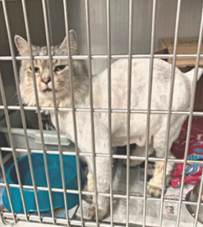
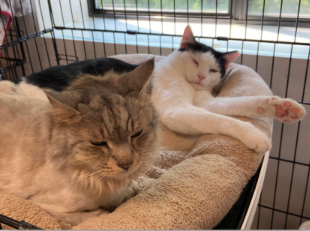
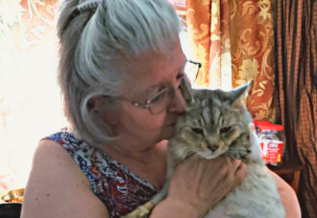
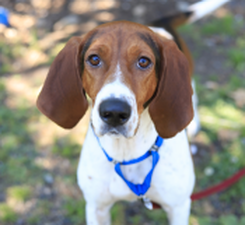
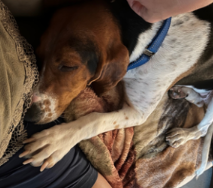
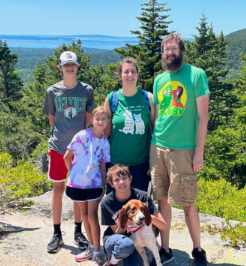


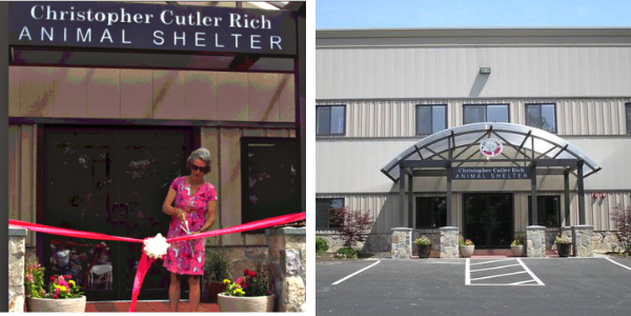
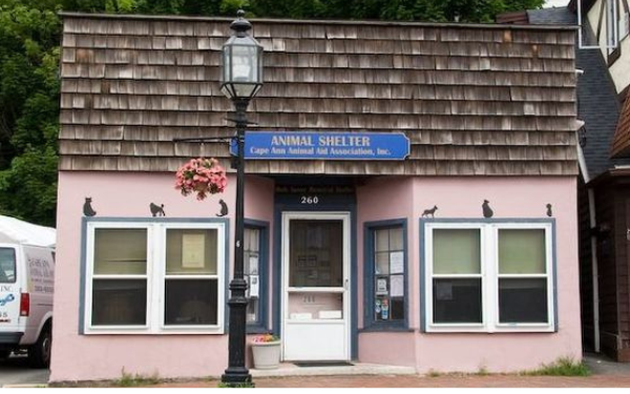
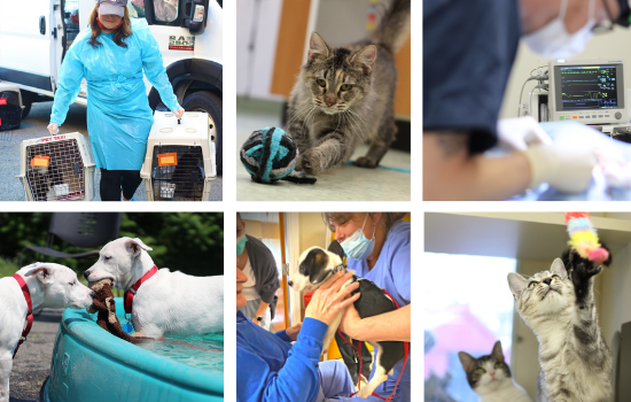
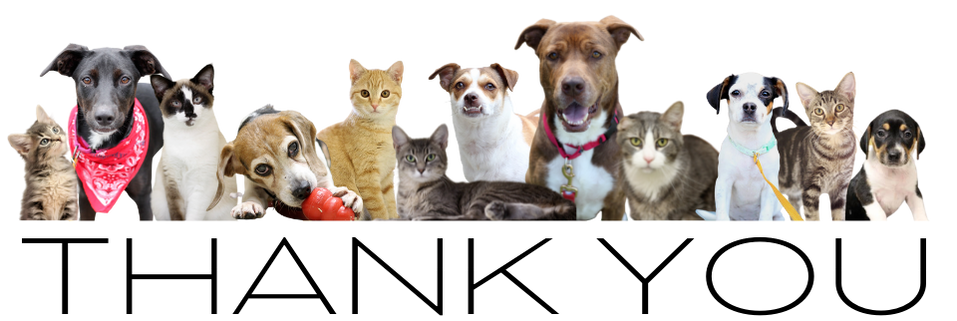
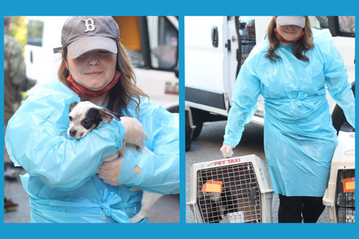
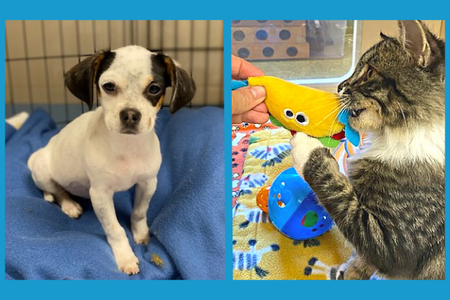
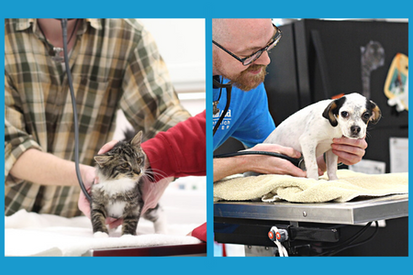
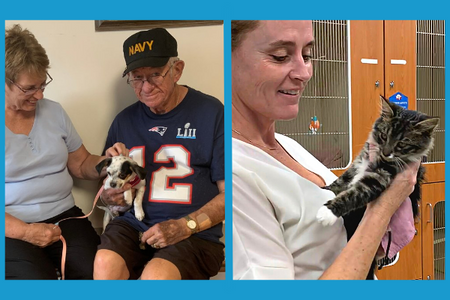
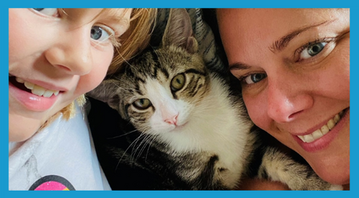
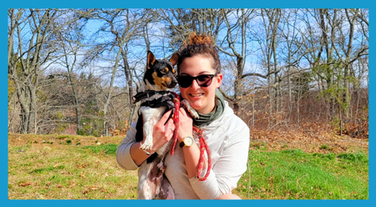
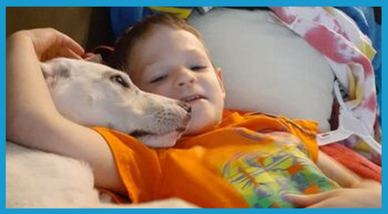
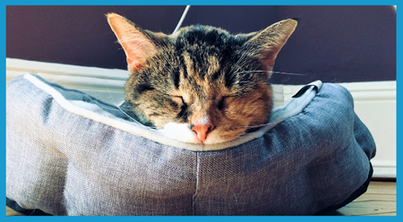
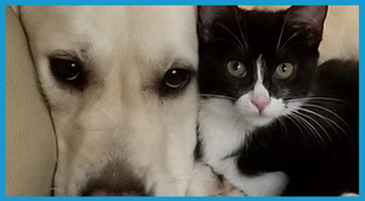
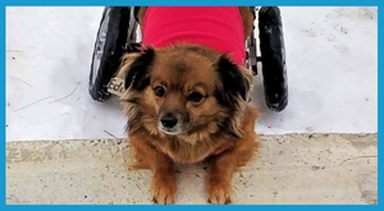
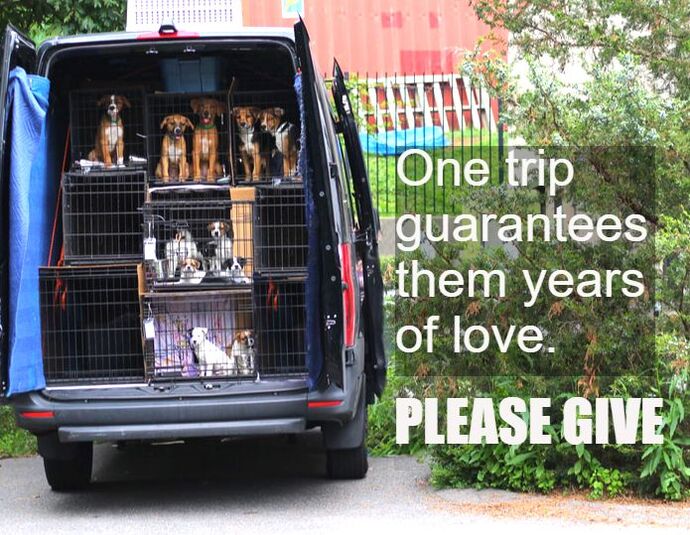
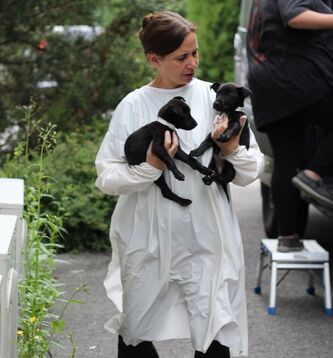
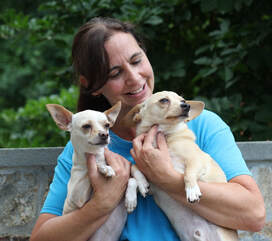
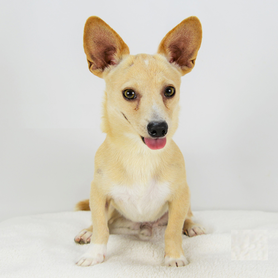

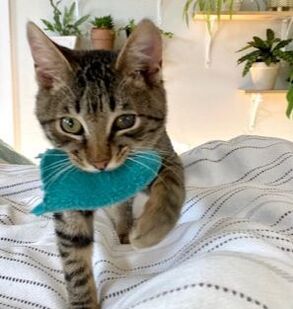
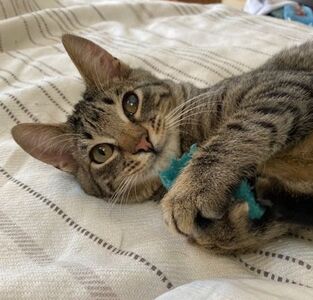
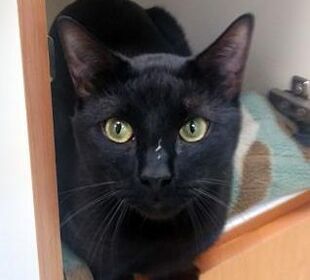
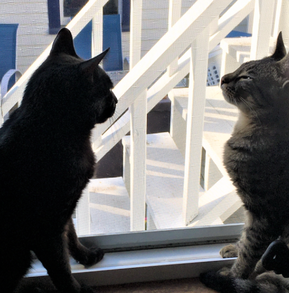
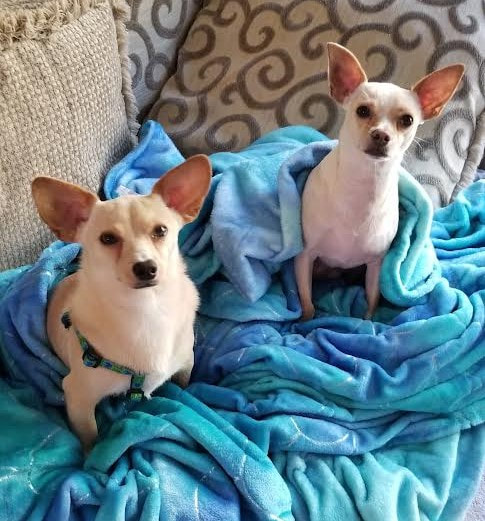
 RSS Feed
RSS Feed
